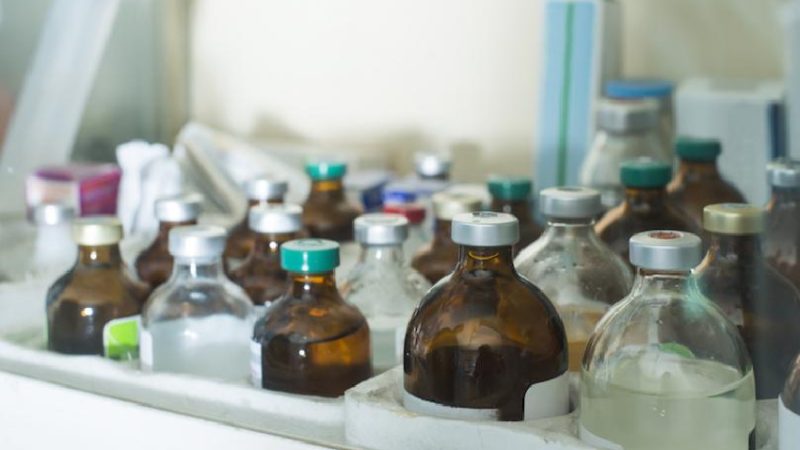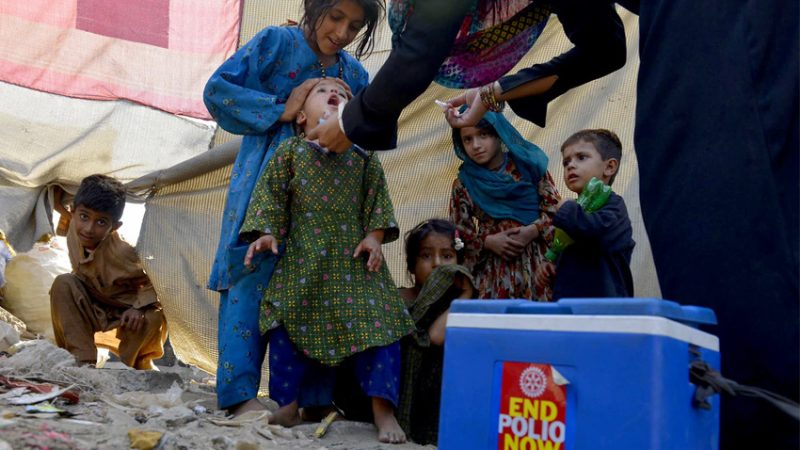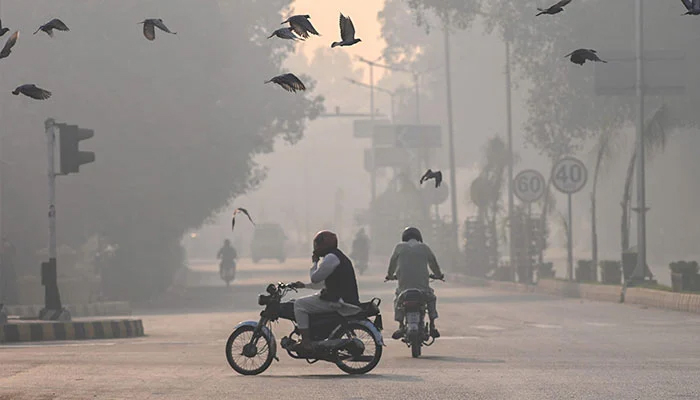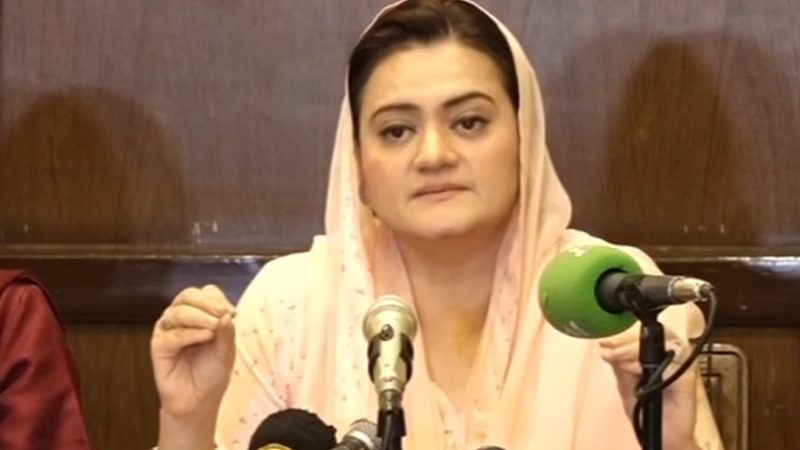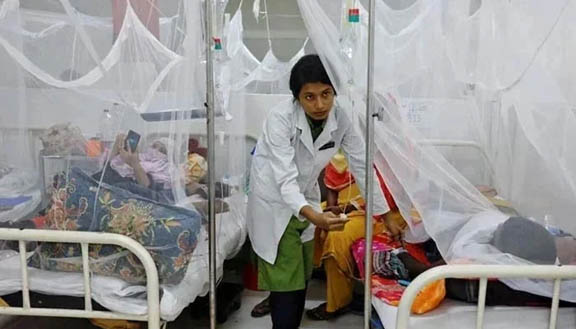The number of monkeypox infections in the United Kingdom has risen to 321 with the discovery of an additional 18 cases.
IN THE UK, 18 MORE MONKEYPOX CASES HAVE BEEN DETECTED, bringing the total to 321.
The virus’s status has now been upgraded, and doctors have been urged to report infections to local governments.
According to the UK Health Security Agency (UKHSA), anyone can get monkeypox, especially if they have had close contact, including sexual contact, with someone who has symptoms.
People who are gay or bisexual, as well as men who have sex with men, continue to be disproportionately affected.
In England, there are currently 305 confirmed cases, 11 in Scotland, 2 in Northern Ireland, and 3 in Wales.
Doctors have advised people to visit a sexual health clinic if they develop a rash or other symptoms.
The same is true if you have recently visited West or Central Africa.
The infection update today comes after doctors are now required to notify local councils and health protection agencies if cases are detected.
It means that monkeypox will be classified as a notifiable disease under the 2010 Health Protection (Notification) Regulations.
Other illnesses covered by this law include Covid-19, the Plague, acute meningitis, measles, and smallpox.
If a case is detected in samples, labs must also notify the UK Health Security Agency (UKHSA).
If monkeypox is suspected, doctors must notify the appropriate authorities within three days, or within 24 hours in emergency cases.
“Rapid diagnosis and reporting is the key,” said Wendi Shepherd, Monkeypox incident director at UKHSA.
“This new legislation will assist us and our health partners in identifying, treating, and controlling the disease as quickly as possible.” It also assists us in the rapid collection and analysis of data, allowing us to detect potential outbreaks of the disease and quickly trace close contacts, while offering vaccinations where appropriate to limit onward transmission.”


